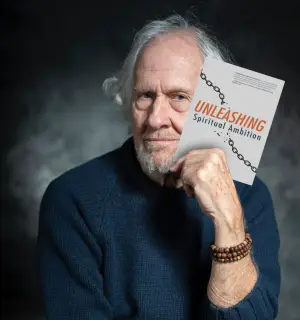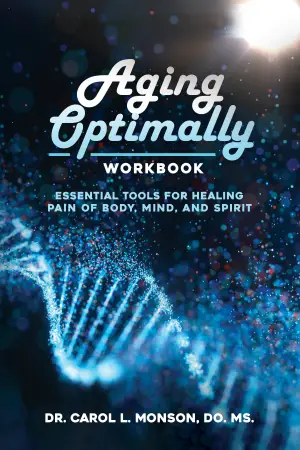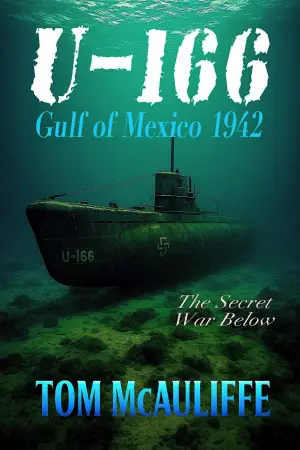I recently picked up The Ghostwriter by Julie Clark, an instant New York Times bestseller that promised to deliver a thrilling ride through the haunting shadows of a family’s past. Being a fan of mysteries and thrillers, I was intrigued by the book’s premise. A decades-old murder mystery mixed with family drama and the haunting legacy of a renowned horror writer? Yes, please!
The story unfolds in June 1975 when two teenage siblings are discovered dead in their home, leaving the only surviving brother, Vincent, to face a lifetime of suspicion as the alleged murderer. Fast forward to present-day, Vincent’s daughter, Olivia Dumont, a ghostwriter, finds herself accepting a job that requires her to work closely with her estranged father as he prepares to finally open up about the tragic night. This dual timeline format adds a fascinating layer to the narrative, as the past and present weave in and out, revealing new layers to both characters and their circumstances.
The positives in The Ghostwriter shine particularly bright. One highlight for me was Clark’s ability to create such richly developed characters. Olivia’s journey, filled with internal conflicts and conflicting loyalties, tugged at my heartstrings. Reviewer Amanda described the intricate web of family drama intertwined with the murder mystery, and I couldn’t agree more. Each character is deeply flawed, making their narrative more compelling. The pacing, while at times slow, allows the suspense to build gradually, keeping readers on the edge of their seats. The complexity of the family dynamics ensures that every revelation hits hard, and the twists? Absolutely jaw-dropping.
However, the book isn’t without its drawbacks. Some readers, such as Alyson DAuteuil, pointed out issues with anachronisms and character behavior that felt inconsistent with the 1970s backdrop. For instance, certain contemporary phrases and casual references undermined the immersive feel of the setting. Admittedly, I noticed a couple of these as well, which made me momentarily step out of the narrative flow. That said, they didn’t significantly detract from my overall enjoyment, but a more careful attention to historical detail would have added to the experience.
Another point worth noting is that the story could be slow in parts, with some readers feeling that it took a while for the action to pick up. I found myself slightly agreeing with this sentiment; while the slow burn builds tension, there were moments where it felt like the pace lagged. Still, I understood that this deliberate pacing was likely intentional, allowing us to fully grasp the emotional weight of the characters’ backstories.
The final twist is something that I won’t spoil, but I wholeheartedly echo the enthusiasm of other readers like reviewer Anne Baird, who expressed how unexpected and satisfying it was. I found myself contemplating the ending long after I’d finished reading, which is a testament to Clark’s storytelling prowess.
In conclusion, The Ghostwriter is a beautifully crafted thriller that kept me deeply engaged from start to finish. The character development and intricate plotting far outweigh the minor concerns I had regarding historical accuracy and pacing. If you’re looking for a twisty, heartfelt read that brings a tragic family history to life while diving into the murky waters of truth and deception, this is a book you won’t want to miss. I highly recommend it to anyone who enjoys a well-constructed mystery with emotional depth. Grab your copy and settle in for a captivating ride that will keep you guessing till the very end!
Discover the intriguing world of “The Ghostwriter” and unravel its captivating secrets. >>








